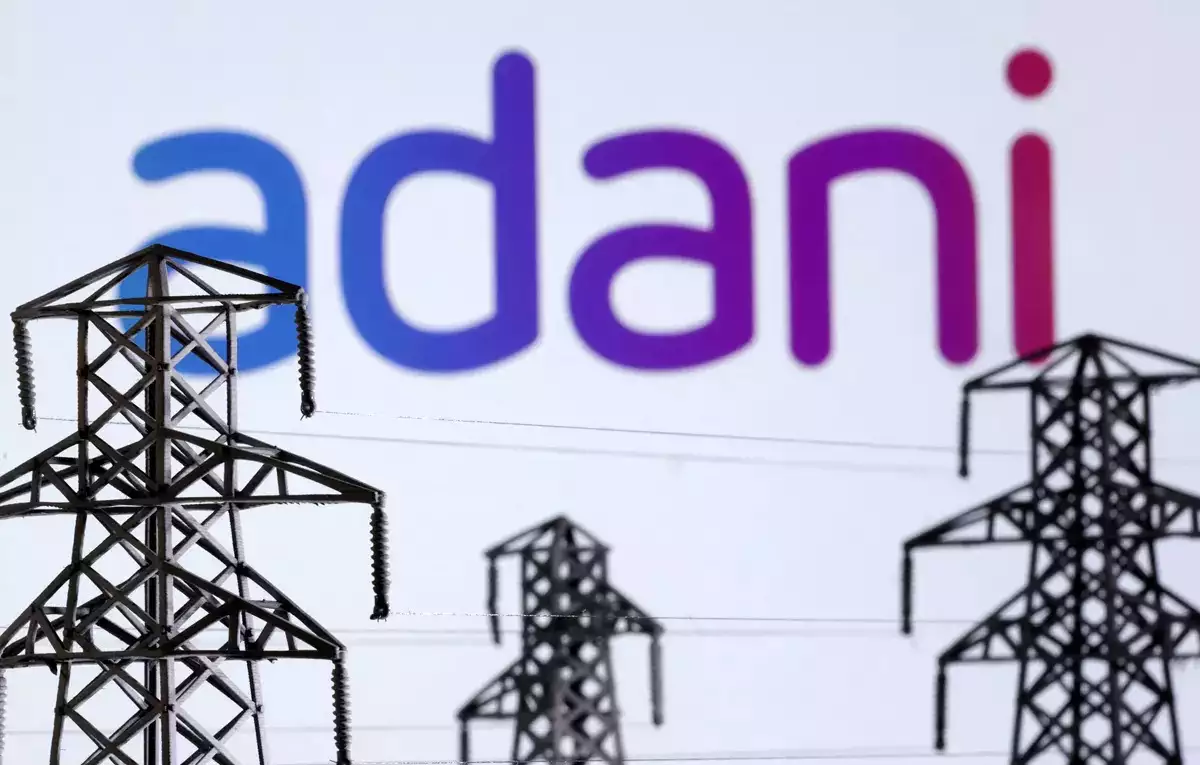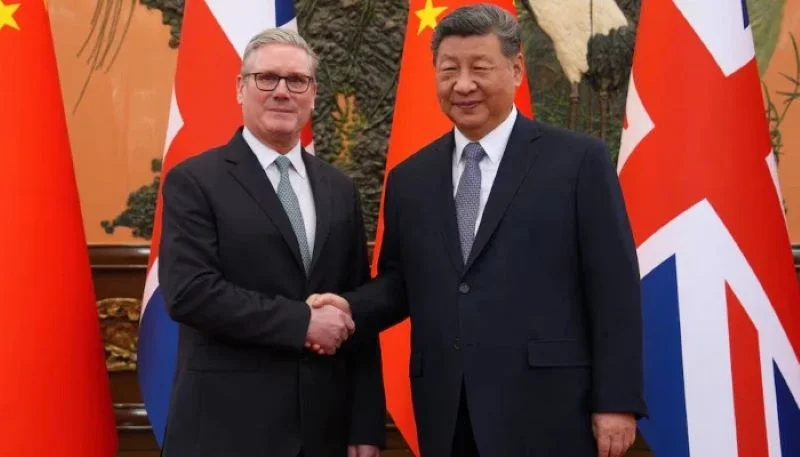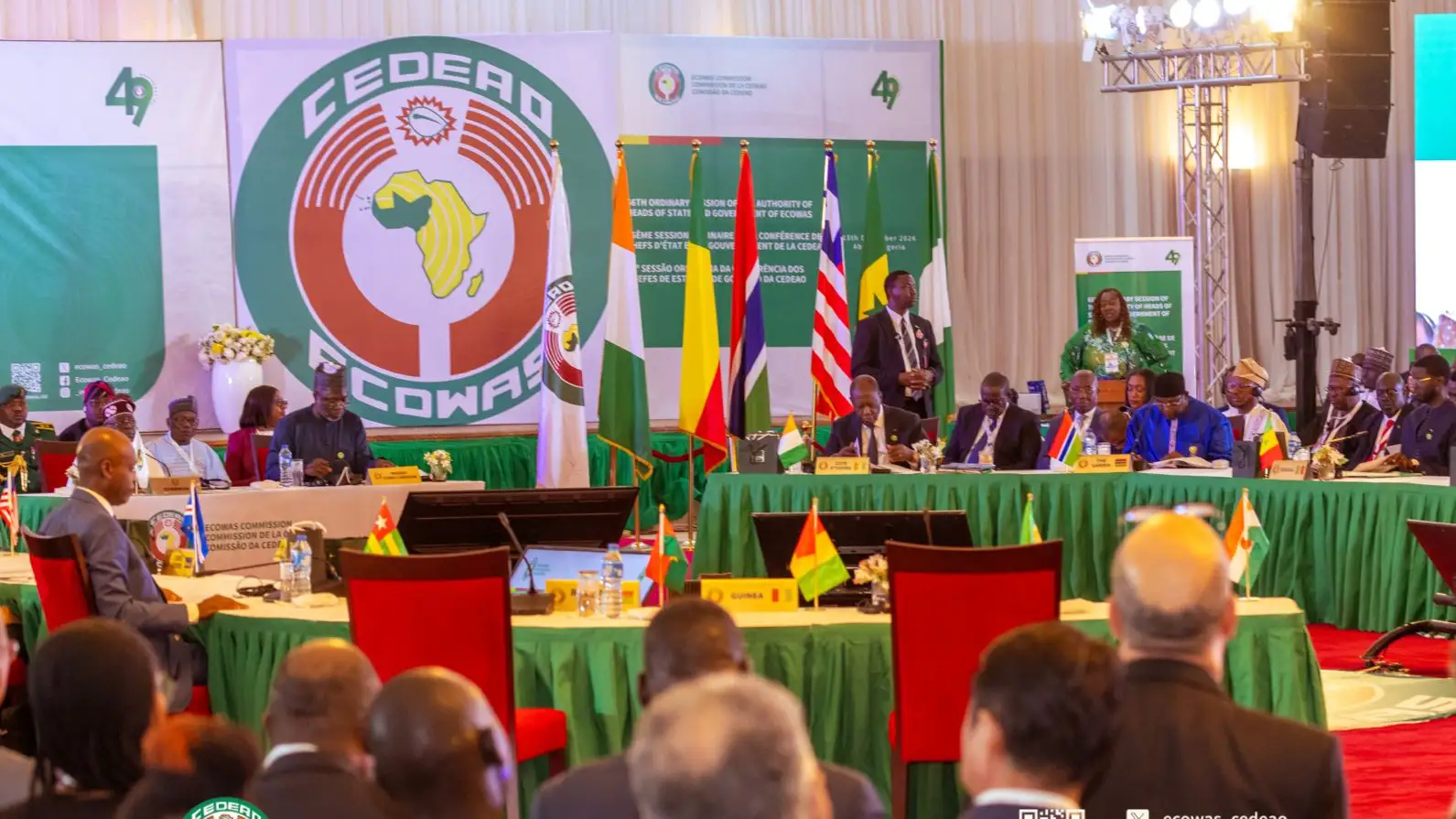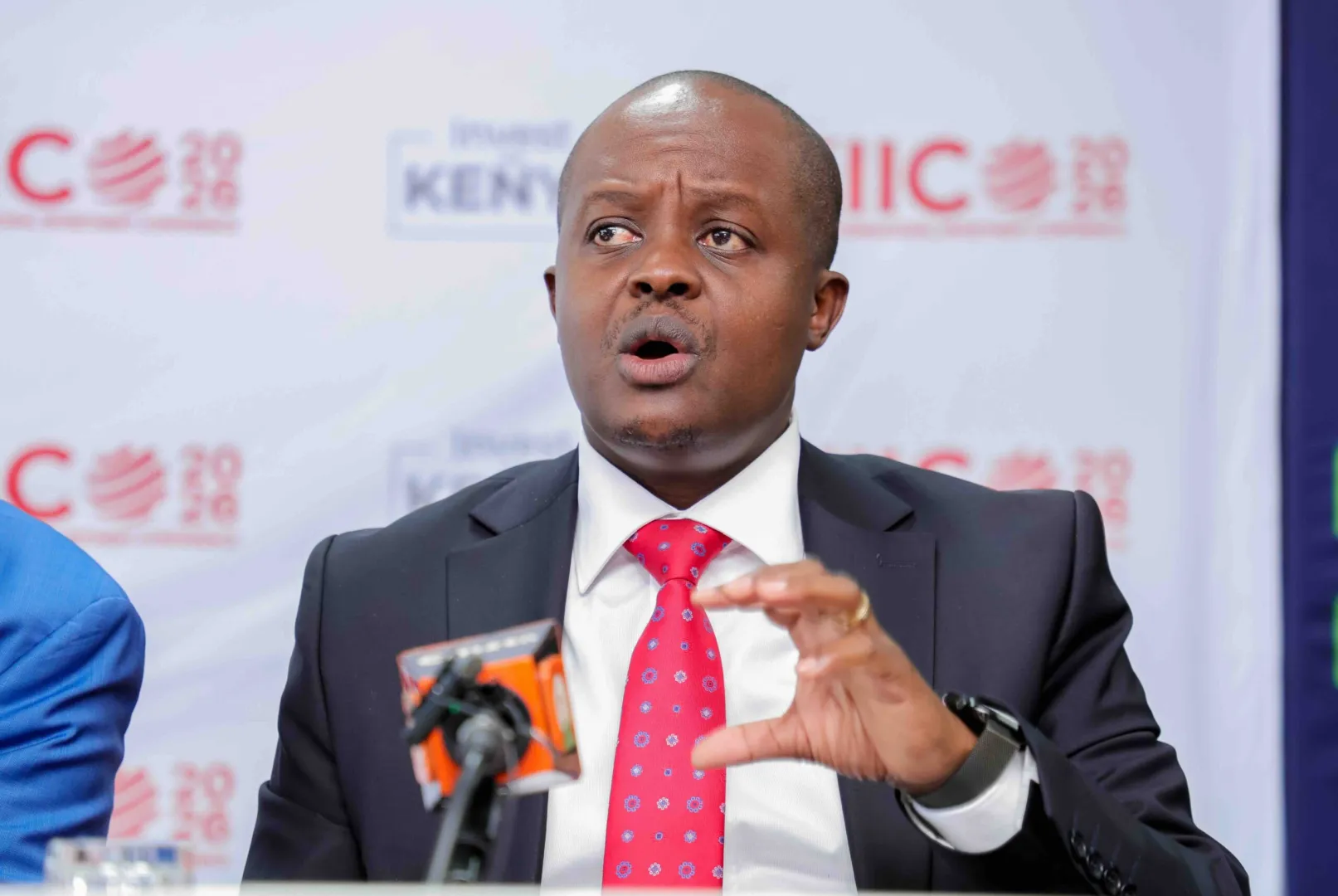Adani Energy Solutions (AES), a prominent player in the Indian energy and infrastructure sector, announced that Kenya’s recent decision to cancel a $736 million transmission line project would have no material impact on the company’s operations. This clarification followed media reports and inquiries from the Bombay Stock Exchange (BSE) and the National Stock Exchange (NSE) of India regarding the implications of the development.
The company asserted that the cancellation was part of its ordinary course of business and did not warrant regulatory disclosure under Indian stock exchange rules. This announcement comes amidst broader controversies surrounding Adani Group’s ventures, including unrelated allegations of bribery and disputes over airport management deals in Kenya.
The Transmission Line Project and Its Cancellation
The $736 million project was initially intended to expand Kenya’s power transmission network through a public-private partnership (PPP). AES had been awarded a 30-year deal to build and operate critical energy infrastructure in Kenya. However, Kenyan President William Ruto recently directed the cancellation of the contract, citing unspecified concerns about the agreement.
This decision aligns with President Ruto’s broader push to revisit and potentially renegotiate contracts perceived as unfavorable to the country. Such reviews have been common in Kenya’s recent governance efforts to ensure transparency and fairness in public-private deals.
Adani Energy Solutions’ Position
In a statement addressing the cancellation, AES emphasized that the project was not central to its strategic or operational objectives. The company stated:
“There is no material impact of the media report on the operations of the company.”
AES clarified that the cancellation falls within its routine business risks and does not affect its financial health or broader business goals.
Additionally, AES denied involvement in another reported deal concerning the management and upgrade of Kenya’s Jomo Kenyatta International Airport (JKIA). Under that $2 billion proposal, the Adani Group was expected to develop a second runway and modernize the passenger terminal. AES stated unequivocally:
“The company nor any of its subsidiaries have entered into any contract in connection with any airport in Kenya.”
Kenya’s Review of Public-Private Partnerships
Kenya has been actively scrutinizing PPP agreements, reflecting a shift in policy under President Ruto’s administration. The goal is to ensure that these contracts are equitable, transparent, and beneficial for Kenya’s economy.
The cancellation of the AES transmission line project is one of several recent moves, including halting the procurement process that might have granted Adani Group control over JKIA. The Kenyan government has justified these decisions as efforts to safeguard national interests and eliminate potentially lopsided deals.
Impacts on Foreign Investors
While the Kenyan government’s actions may improve governance, they also risk sending mixed signals to foreign investors. Some stakeholders argue that abrupt cancellations without adequate consultation could undermine investor confidence and slow down infrastructure development in the region.
Broader Controversies Surrounding Adani Group
The cancellation comes amidst legal and reputational challenges for the Adani Group. In a separate case, U.S. authorities indicted Adani Group founder Gautam Adani and seven others, alleging they paid $265 million in bribes to Indian officials. The allegations, which the group has denied, have added scrutiny to the conglomerate’s international operations.
Adani’s International Expansion Strategy
Adani Group’s global expansion has focused on large-scale infrastructure and energy projects, particularly in developing economies. While the group has achieved significant success in markets like Australia and Sri Lanka, its ventures have occasionally faced resistance due to concerns over environmental impact, governance, and local economic implications.
Adani Energy Solutions: A Resilient Business Model
Despite the challenges, AES remains a key player in India’s energy and infrastructure sectors. The company specializes in building and managing transmission lines, renewable energy solutions, and other critical infrastructure. Its portfolio includes projects across India and select international markets, emphasizing sustainable energy and innovative technologies.
Key Highlights of AES’ Strategy
- Diversification: AES operates across multiple verticals, including solar, wind, and traditional power infrastructure.
- Technological Leadership: The company has invested heavily in smart grid technologies and digital transformation to optimize operations.
- Financial Robustness: With strong cash flows and consistent project pipelines, AES has maintained a solid financial profile despite external challenges.
Kenya’s Energy Sector: Opportunities and Challenges
Kenya’s decision to cancel the Adani project raises questions about the future of its energy infrastructure. The country’s energy sector has been growing rapidly, driven by increasing demand for electricity and renewable energy adoption.
Key Challenges:
- Funding Gaps: Kenya requires significant foreign investment to meet its infrastructure goals, but policy uncertainty could deter investors.
- Grid Reliability: While renewable energy is expanding, grid stability and transmission capacity remain areas of concern.
- Regulatory Environment: Ensuring transparency and consistency in contract management is critical to maintaining investor confidence.
Opportunities for Growth:
- Renewable Energy: Kenya is a leader in geothermal energy production and has vast potential for wind and solar energy development.
- Regional Integration: Projects like the East African Power Pool aim to connect Kenya’s grid with neighboring countries, enhancing cross-border energy trade.
- Private Sector Participation: With the right regulatory framework, private investors can play a crucial role in modernizing Kenya’s energy infrastructure.
Conclusion
The cancellation of the $736 million transmission line project underscores the complex dynamics of international business in emerging markets like Kenya. While Adani Energy Solutions has affirmed that the decision will not materially impact its operations, the move raises broader questions about Kenya’s approach to foreign investment and infrastructure development.
For Adani, the focus remains on its core markets and maintaining resilience amidst challenges. For Kenya, ensuring that such cancellations are accompanied by clear communication and fair renegotiations will be essential to fostering a business-friendly environment.
This episode serves as a reminder that transparency, trust, and collaboration are pivotal for sustainable growth in global infrastructure partnerships.
Ready to take your career to the next level? Join our dynamic courses: ACCA, HESI A2, ATI TEAS 7 and HESI EXIT !🌟 Dive into a world of opportunities and empower yourself for success. Explore more at Serrari Ed and start your exciting journey today! ✨
photo source: Google
By: Montel Kamau
Serrari Financial Analyst
25th November, 2024
Article, Financial and News Disclaimer
The Value of a Financial Advisor
While this article offers valuable insights, it is essential to recognize that personal finance can be highly complex and unique to each individual. A financial advisor provides professional expertise and personalized guidance to help you make well-informed decisions tailored to your specific circumstances and goals.
Beyond offering knowledge, a financial advisor serves as a trusted partner to help you stay disciplined, avoid common pitfalls, and remain focused on your long-term objectives. Their perspective and experience can complement your own efforts, enhancing your financial well-being and ensuring a more confident approach to managing your finances.
Disclaimer: This article is for informational purposes only and does not constitute financial advice. Readers are encouraged to consult a licensed financial advisor to obtain guidance specific to their financial situation.
Article and News Disclaimer
The information provided on www.serrarigroup.com is for general informational purposes only. While we strive to keep the information up to date and accurate, we make no representations or warranties of any kind, express or implied, about the completeness, accuracy, reliability, suitability, or availability with respect to the website or the information, products, services, or related graphics contained on the website for any purpose. Any reliance you place on such information is therefore strictly at your own risk.
www.serrarigroup.com is not responsible for any errors or omissions, or for the results obtained from the use of this information. All information on the website is provided on an as-is basis, with no guarantee of completeness, accuracy, timeliness, or of the results obtained from the use of this information, and without warranty of any kind, express or implied, including but not limited to warranties of performance, merchantability, and fitness for a particular purpose.
In no event will www.serrarigroup.com be liable to you or anyone else for any decision made or action taken in reliance on the information provided on the website or for any consequential, special, or similar damages, even if advised of the possibility of such damages.
The articles, news, and information presented on www.serrarigroup.com reflect the opinions of the respective authors and contributors and do not necessarily represent the views of the website or its management. Any views or opinions expressed are solely those of the individual authors and do not represent the website's views or opinions as a whole.
The content on www.serrarigroup.com may include links to external websites, which are provided for convenience and informational purposes only. We have no control over the nature, content, and availability of those sites. The inclusion of any links does not necessarily imply a recommendation or endorsement of the views expressed within them.
Every effort is made to keep the website up and running smoothly. However, www.serrarigroup.com takes no responsibility for, and will not be liable for, the website being temporarily unavailable due to technical issues beyond our control.
Please note that laws, regulations, and information can change rapidly, and we advise you to conduct further research and seek professional advice when necessary.
By using www.serrarigroup.com, you agree to this disclaimer and its terms. If you do not agree with this disclaimer, please do not use the website.
www.serrarigroup.com, reserves the right to update, modify, or remove any part of this disclaimer without prior notice. It is your responsibility to review this disclaimer periodically for changes.
Serrari Group 2025
















